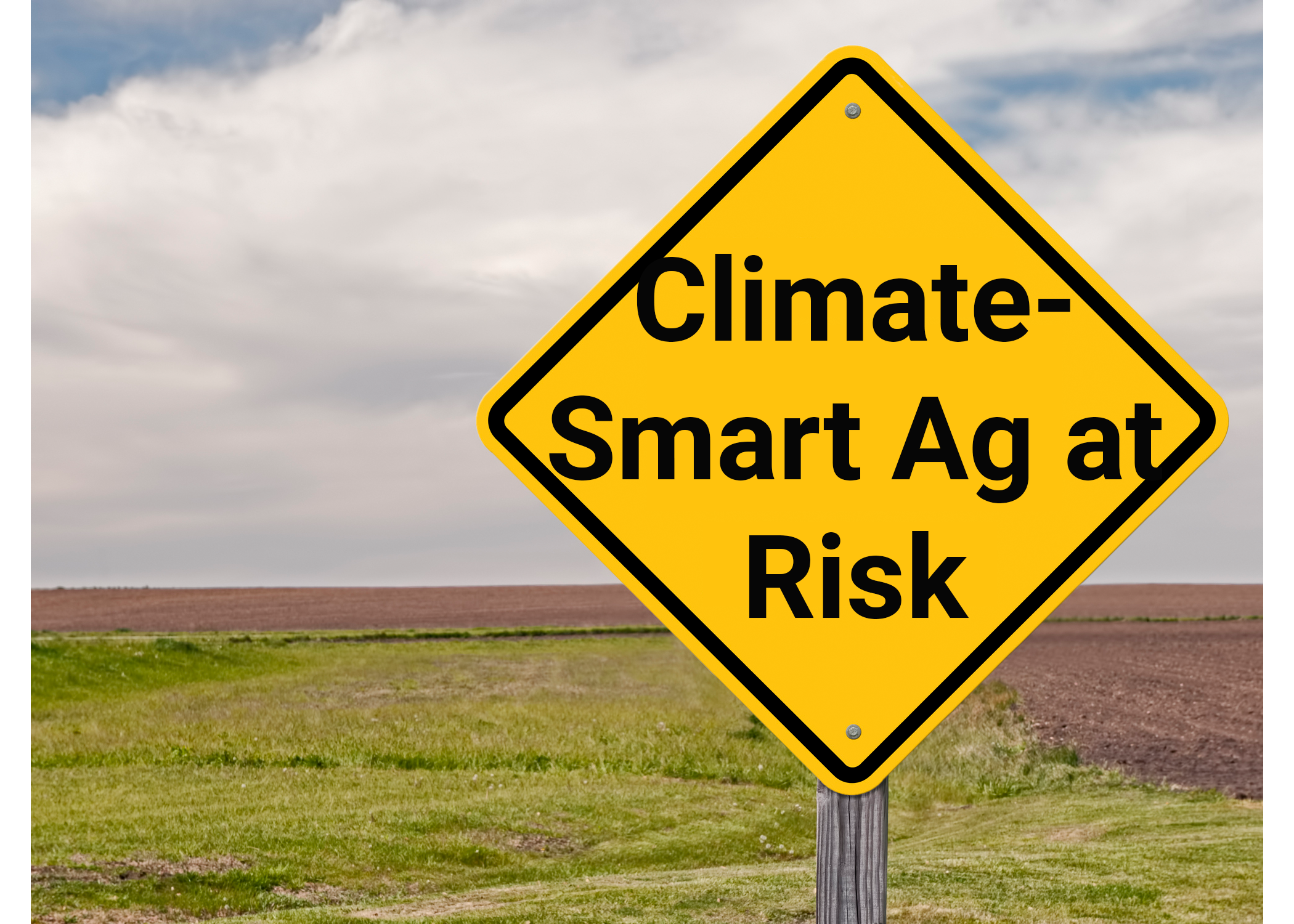
Current Greenhouse Gas Reduction Fund framework abandons Climate-Smart Agriculture efforts
The simple reality is Sacramento’s climate policies are increasingly costly and taking a toll on residents and businesses alike. The cost of living in California is out-of-control, harming the economy and disproportionately impacting those who can least afford it. The affordability crisis presents a perilous political and economic minefield for Sacramento’s politicians. Voters are rightfully unhappy and will continue to hold elected officials accountable at the ballot box.
Unfortunately, at the eleventh hour of the 2025 session and after nearly a week of closed-door, backroom negotiations, lawmakers struck a Cap & Trade deal that fails to invest even a single penny in climate-smart agricultural programs — despite the programs’ proven track record of delivering California’s greatest climate and community benefits.
Climate-smart agriculture has been one of the most successful, cost-effective strategies in California’s fight against climate change. By cutting out climate-smart agriculture entirely, Sacramento is also abandoning the farmers and ranchers who are already leading the charge on conservation efforts and everyone who lives in, works in and depends on these rural communities. This new Cap & Trade proposal will have real regional and human consequences — not to mention reversing nearly a decade of of climate-smart agricultural investments and emission reduction efforts.
The Governor and the Legislature, through the Greenhouse Gas Reduction Fund, should be prioritizing programs that deliver verifiable, durable and cost-effective reductions such as the state’s climate-smart agricultural programs, including the following:
Livestock Methane Reduction Programs:
The California Department of Food and Agriculture (CDFA) Livestock Methane Reduction programs are among the state’s most effective and cost-efficient climate investments. More than 300 methane reduction projects have been funded on dairies in the state, reducing more than 3 million metric tons of CO2e annually. These projects also provide tremendous air quality benefits for rural and disadvantaged communities as diesel trucks are being fueled with clean, renewable natural gas.
Food Production Investment Program (FPIP):
FPIP, managed by the California Energy Commission (CEC), provides grants to food processors to accelerate adoption of advanced energy and decarbonization technologies. Sixty FPIP projects to date will result in a reduction of 3.2 million metric tons of CO2e over their useful lifetimes.
Funding Agricultural Replacement Measures for Emission Reductions (FARMER) Program:
The FARMER program has a proven track record, with oversight from the Air Resources Board and implementation through local Air Districts, replacing older diesel tractors and equipment with cleaner alternatives. The program delivers immediate air quality and public health benefits, reducing over 28,000 tons of NOx, 1,600 tons of PM and 388,000 metric tons of CO2e emissions annually, while prioritizing disproportionately impacted areas.
Heavy-handed regulation is not the answer. Shifting away from incentive-based solutions would jeopardize the economic backbone of the San Joaquin Valley, accelerating the decline of industrial and agriculture jobs. Additionally, it would strain our food system at a time when one in five Californians faces food insecurity.
By excluding climate-smart agriculture, lawmakers are abandoning not just farmers and ranchers, but entire rural communities that rely on these programs. From truckers and food processors to schools and hospitals, the ripple effects of this decision will hit hard.
